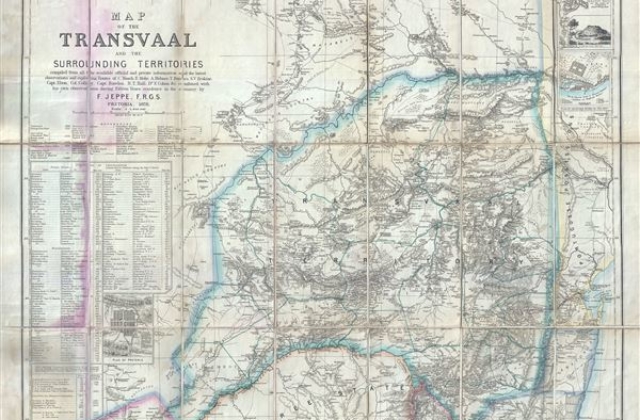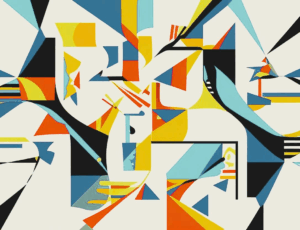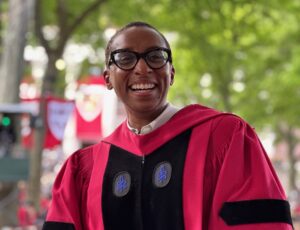About the program
Maps promise to make invisible things visible. Maps are layered in meaning. Next to topography, they can tell us about wealth, demography, ethnography, law and more. As such these objects have been important and valuable possessions to explore regions. This holds up today but was especially so for early modern European colonists who travelled the world and ‘acquired’ lands where possible.
In this NIAS Talk we zoom in on late nineteenth century maps of southern Africa, made and compiled by European settlers. Many colonists who settled in what would become South Africa felt a need to map the land in order to ‘know’ it. Whilst many maps from this period claim to represent objective reality, most of them are very inaccurate. What happens when we read colonial maps as texts? What counts as knowledge and how does that become hegemonic?
We will explore compiled authoritative knowledge about colonial spaces in southern Africa, and shed light on processes of creating authority on the one hand while erasing authority by using knowledge on the other. Whose actions and choices were turned into knowledge? What information was used or hidden, how was it adjudged as knowledge, especially when it originated from sources who weren’t European in background?
About the speakers
Lindsay Frederik Braun is Associate Professor of African History at Oregon University. Braun is specialised in cartography, and is currently working on a NIAS project called Cultures of Colonial Compilation: collecting and mapping knowledge in southern africa, 1850-1910.
Nancy Jouwe is a cultural historian, freelance researcher, writer and curator. She is Chairwoman of BAK Supervisory Board, co-founder of Framer Framed, and one of the initiators of Mapping Slavery, a transnational research project that maps the Dutch colonial history of slavery.
Fenneke Wekker (moderator) is Head of Academic Affairs at NIAS. Wekker is political sociologist and writer. Her main interests lie in issues of home and belonging, inclusion and exclusion, and urban ethnography.
About SPUI25
This program is hosted by SPUI25, the academic-cultural podium of Amsterdam. The programming of SPUI25 builds a bridge between science, the arts and society.
For more information and registration go to www.spui25.nl




